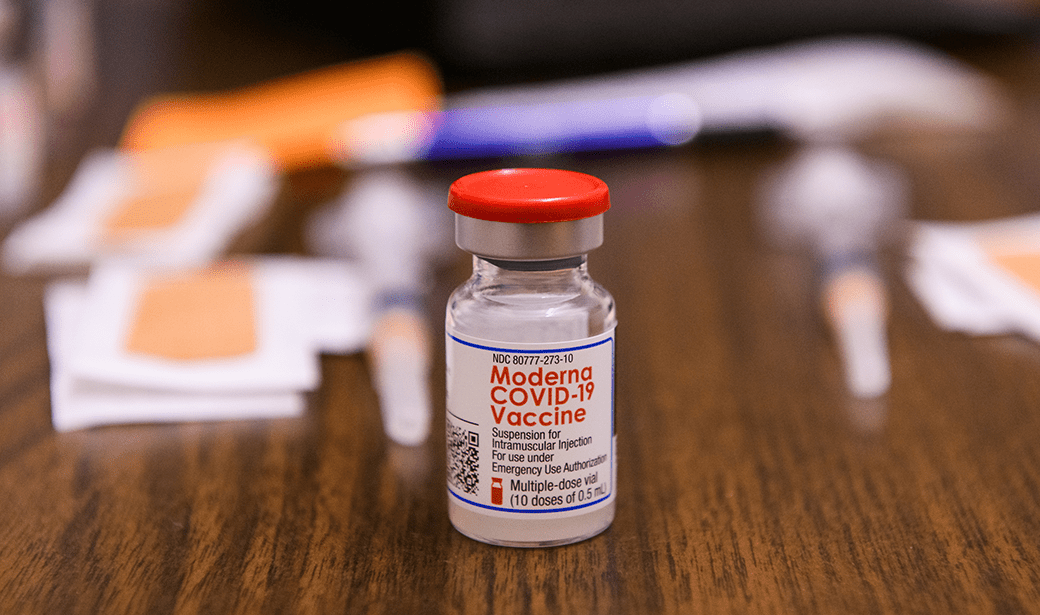You might have seen the headlines on social media.
“COVID-19 Vaccine-Related Fatalities Exceed 6,000.”
“6,000% Increase in Reported Vaccine Deaths 1st Quarter 2021 Compared to 1st Quarter 2020.”
No matter your vaccination status or your feelings about getting the shot, those headlines likely give you pause. Can those numbers be right?
These and similar shocking claims are the latest examples of COVID-19 vaccine misinformation. And as with most misinformation, these statements get traction because they start with a kernel of truth — in this case raw data from a reputable source.
The data and source
The Vaccine Adverse Event Reporting System (VAERS) was established in 1990 as a national early warning system to detect potential safety problems with vaccines. It is managed by the Centers for Disease Control and Prevention (CDC) and the Food and Drug Administration (FDA).
The system allows anyone who has received a vaccine (not just a COVID-19 vaccine) to report “adverse events” (think side effects) that they experience following vaccination. Health care providers are required to submit reports of events that come to their attention even if the events clearly have no relationship to vaccination.
The system serves to alert federal health authorities to potential safety concerns, but it is not designed to determine if a vaccine caused a particular problem. All reports to the system are unverified.
Since December 2020, more than 469 million doses of COVID-19 vaccine have been administered in the U.S., and VAERS has received 10,483 reports of death (0.0022%), according to the CDC. (Numbers as of Dec. 29, 2021.)
However, that statistic offers no insight into the cause of death for those people. If a 90-year-old nursing home resident got the vaccine and then died days, weeks or even months later of another ailment, the resident’s death would be reported to VAERS.
The misinformation strategy
Opponents of vaccination use the VAERS numbers in statements that suggest cause-and-effect conclusions. This misinformation then influences some people not to be vaccinated.
In this case, the numbers are correct, but the presumed conclusions are not.
Stevan Whitt, MD, an infectious disease doctor and chief medical officer at MU Health Care, gets questions about these claims regularly, and he wants people to have the right information.
“This intentional misrepresentation is a powerful tactic to sow confusion among large groups of people,” Whitt said.
To address the misinformation about VAERS, the CDC shares context around adverse events associated with the COVID-19 vaccines and emphasizes that reports of deaths (and other adverse events) do not necessarily mean the vaccines are to blame. “A review of available clinical information, including death certificates, autopsy, and medical records, has not established a causal link to COVID-19 vaccines,” the CDC notes.
Meanwhile, what we do know for sure is that more than 58 million U.S. residents have been infected and more than 800,000 have died from COVID-19, and the vaccine is one of the best tools to slow the spread of the virus and save lives.



